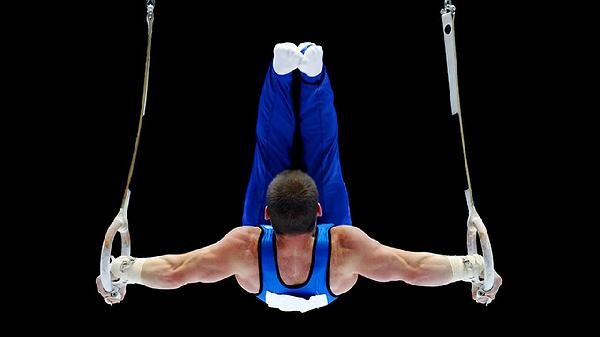The number of calories burned during each workout varies from person to person, and it is generally recommended to control between 200-500 calories. The actual consumption mainly depends on factors such as exercise intensity, personal weight, exercise duration, and basal metabolic rate. The intensity of exercise is a key factor affecting calorie expenditure. High intensity interval training such as skipping rope and boby jumping can burn more calories in a short period of time, while low-intensity aerobic exercises such as brisk walking and yoga consume relatively less. People with higher body weight typically burn more calories during the same exercise compared to those with lower body weight, as their bodies require more energy to support their activities. The duration of exercise is positively correlated with calorie expenditure. A 30 minute slow jog consumes about 200-300 calories, which may double if extended to 1 hour. People with high basal metabolic rates have higher daily energy consumption and may also have higher efficiency in calorie expenditure during exercise.

In special circumstances, the target value needs to be adjusted. If the weight base is large or the fitness novice is in the early stage, it is advisable to reduce the single consumption appropriately to avoid excessive fatigue. Muscle building individuals should reduce long-term aerobic exercise and focus on strength training. Single session calorie expenditure may be lower than aerobic exercise. People with cardiovascular disease or joint problems need to establish a safe range of calorie expenditure under the guidance of a doctor.

It is recommended to evaluate fitness effectiveness by combining changes in body fat percentage rather than relying solely on calorie values. Exercising 3-5 times a week for 30-60 minutes each time, combined with dietary control, can create a stable calorie deficit. Supplement moderate carbohydrates and high-quality protein before and after exercise, and avoid exercising on an empty or full stomach. Regularly adjust exercise plans to prevent a decrease in consumption efficiency after the body adapts. If you experience discomfort such as dizziness and palpitations, you should immediately stop exercising and consult a professional physician.







Comments (0)
Leave a Comment
No comments yet
Be the first to share your thoughts!